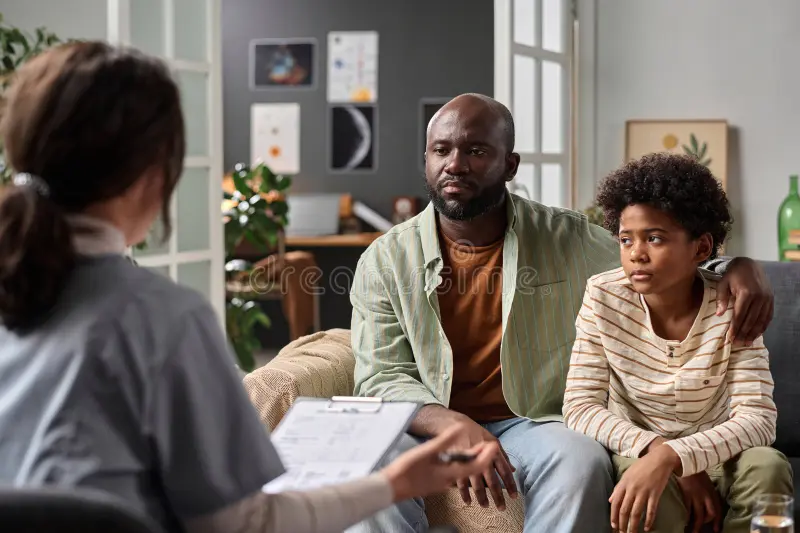24/7 Helpline:
(866) 899-221924/7 Helpline:
(866) 899-2219
Learn more about PTSD Rehab centers in Marion County

Other Insurance Options

Optum

Covered California

Ambetter

Sliding scale payment assistance

GEHA

Choice Care Network

Sutter

Access to Recovery (ATR) Voucher

Amerigroup

AllWell

Regence

Holman Group

Coventry Health Care

Evernorth

PHCS Network

UnitedHealth Group

MVP Healthcare

Molina Healthcare

Carleon

Health Choice

The Golden Rule
Sitting on 30 acres in Mauk, Georgia, the renowned Golden Rule is a drug and alcohol rehab center fo...
















